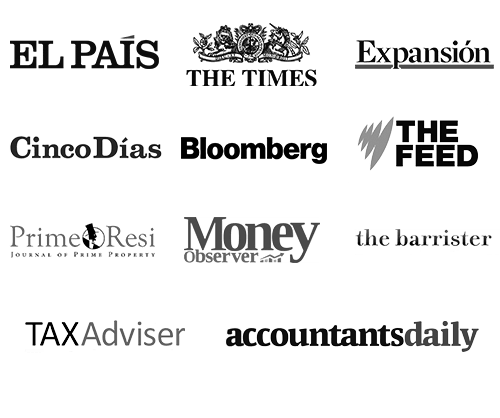What is money for authors? The reward for their creative work.
In Money, Pink Floyd says:
Money, it’s a crime.
Share it fairly but don’t take a slice of my pie.
There is always someone else taking a slice of the authors rights pie.
Producers, studios, publishers and distributors. As well as the public, skilled in the arts of piracy. Meanwhile, authors are becoming an endangered species.
Under the title Cinema, a Universal Passion, the World Intellectual Property Organization is holding its World Intellectual Property Day.
It is time to question the current model of dissemination of Culture, which is being subjected to the following criticisms:
Voices raised to demonise authors for defending their right to be paid.
Authors attacking consumers as if they were pirates.
Intellectuals complaining about paucity of culture available.
All these issues are the result of a failure of the culture industry to adapt to the current climate. The problem is and will most likely continue to be “money” and, most important, how the pie is divided up, from authorship to end sale, via production and distribution of the author’s work.
Being aware of the issues between authors, producers, publishers and distributors, I would highlight the following needs:
- Adapting distribution models to contemporary digital consumer requirements and to a more creative generation. This change will make it possible to use the mass channels available through the web. A good example is iTunes’ strategy of positioning themselves in the digital market with an affordable price and a good distribution system. This has enabled it to increase distribution of audiovisual works.
- Transforming production models by turning authors into business people. Consider examples such as authors’ cooperatives, studios or independent publishers. In 2009, Paula Corroto published an article on digital cooperatives which I recommend all authors to read, along with the latest amendments to the Intellectual Property Act.
- Deregulation, leaving more room for works to be transformed by users. This idea, which still seems novel to many people, already has a long track record with models such as Copyleft, or the so-called Creative Commons (CC). In 2008 the US rock band Nine Inch Nails launched the album Ghosts I-IV under a Creative Commons licence, allowing their fans to create remixes and other derivative works, as well as to redistribute those creations. They also issued it in several formats ranging from versions free of charge to a 300-dollar super de luxe limited edition of 2,500 copies, which sold out. The turnover on the first week’s sales was 1.6 million dollars, a sum that would have taken several months to achieve through the traditional copyright model.
- State policies that help and support the above, but most of all including these policies in electoral programmes. There is no doubt that in taxation terms there is a need to continue promoting patronage and reducing VAT and taxes applicable to the cultural industry. In this respect it is worth looking at France, the United Kingdom, and more recently China and Qatar. These countries have applied the so-called “Popcorn Diplomacy” (read the article by Ethan Bilby in Business Standard) by making film a State priority.
- Lastly, developing education policies that focus on the value of creativity, the Culture industry and its professionals. I hardly need to expand on this issue, which, unfortunately, we have been suffering in Spain for decades.
In short, we all need to tackle these changes without forgetting that authors have to protect their works and their rights:
I. Fair pay for the distribution of their works.
II. Proper protection of their rights of authorship and integrity.
Let us celebrate World Intellectual Property Day by thanking authors for their work, reading a book, listening to a song or eating popcorn in the cinema.




